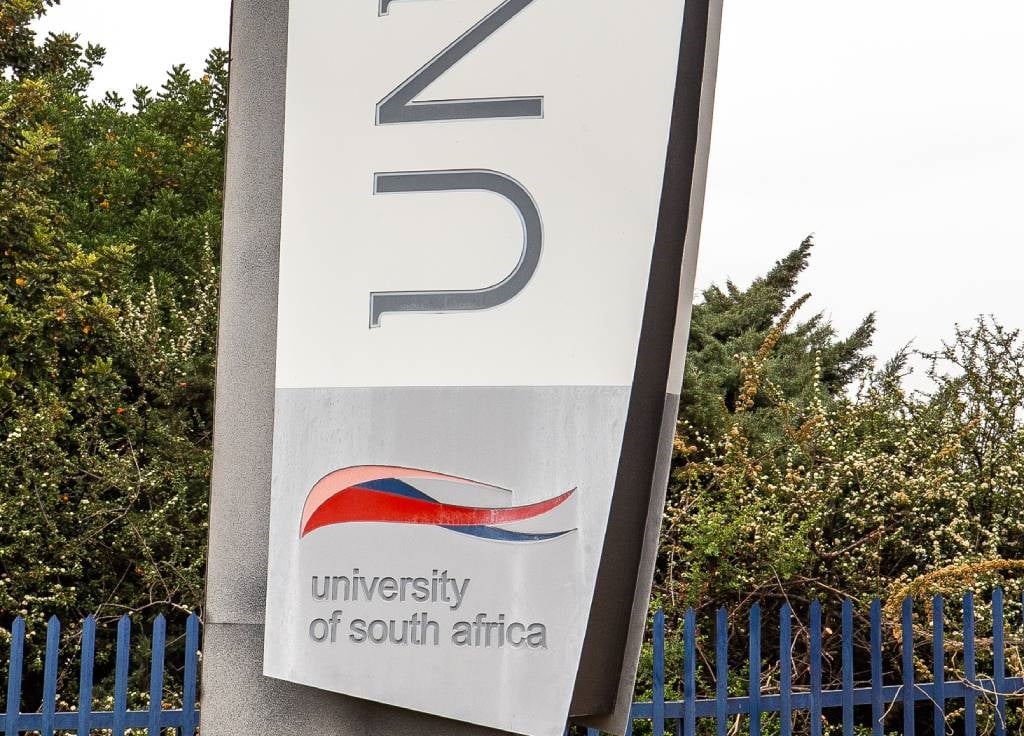
- Unisa's language policy to remove Afrikaans teaching in 2016 was ruled unconstitutional by the Supreme Court of Appeal.
- The court found that Unisa "failed to establish that it was not reasonably practicable to continue offering tuition in Afrikaans".
- Here is why the court ruled Unisa's language policy to remove Afrikaans unconstitutional, but constitutional at UFS and US.
The Supreme Court of Appeal (SCA) on Tuesday ruled that the removal of Afrikaans as a medium of instruction at the University of South Africa (Unisa) was unlawful and unconstitutional.
Delivering judgment in both English and isiXhosa electronically on Tuesday evening, SCA president Judge Mandisa Maya set aside Unisa's language policy which removed Afrikaans, and ordered the university to offer all the modules in Afrikaans that were on offer in April 2016.
She said the correspondent university "failed to establish that it was not reasonably practicable to continue offering tuition in Afrikaans" and upheld lobby group AfriForum's appeal with costs.
Unisa was also ordered to "prominently publish on its website and in three major Afrikaans newspapers in South Africa" and by email a notice of all the modules that will be on offer in Afrikaans.
Here's why the Supreme Court of Appeal ruled that Unisa's language policy to remove Afrikaans is unconstitutional, but constitutional at the University of Stellenbosch (US) and the University of the Free State (UFS):
Why did AfriForum try to overturn Unisa's language policy?
AfriForum brought the matter to the SCA after the High Court in Pretoria ruled in favour of Unisa in 2018.
Rhodes University administrative law professor Helena van Coller said AfriForum argued that Unisa's language policy, adopted on 28 April 2016, violated Section 29(2) of the Constitution, which gives all South Africans the right to education in the language of their choice "where that education is reasonably practicable".
During the court hearings, AfriForum also argued that the language policy change denied some 30 000 students their right under Section 9 of the Constitution "not to be unfairly discriminated against; and impairing their right to human dignity by removing Afrikaans, which was already developed as a language of science and academic learning".
Van Coller said AfriForum also found that the university's own senate, by not following its own rules, breached the principle of legality, and was also procedurally irrational as the affected parties were not consulted.
What did the SCA find?
University of the Western Cape (UWC) public law associate lecturer, Lisa Draga, said the SCA found Unisa's language policy was unconstitutional because it was inconsistent with the right to basic education.
Draga said the court's ruling was mostly based on the inadequate process followed when the policy was adopted.
She said the court found that Unisa's senate and council did not have the relevant information before them when deciding on the new policy.
"There was no data on how commercially sensible it would be to continue with Afrikaans as a language of learning and teaching," Draga said.
The court explained that Section 29(2) of the Constitution gives students the right to receive tertiary education in the language of their choice where this is reasonably practicable.
"The Senate and Council also had no access to firm statistics on the number of students that would be impacted by this change in policy. This meant that the Senate and Council could not determine whether the shift in language policy would be constitutional."
Why the judgment differs from the Constitutional Court rulings on the UFS and US policies
In her judgment, Maya found that the English language policies at UFS and US, which were both approved by the Constitutional Court, differs from the realities presented at Unisa.
She said as both the UFS and US have physical campuses, separate English and Afrikaans classes would lead to significant costs, which is not a problem at Unisa because it only has correspondent learning.
Furthermore, at UFS and US black students who were not conversational in Afrikaans were made to feel excluded and marginalised by the use of Afrikaans in the classroom and other campus activities, which necessitated a language policy change.
"[At Unisa] there is no risk of racially segregated classes or any danger of a racial barrier to full enjoyment of any of the opportunities offered to its students, that might offend constitutional rights and norms," Maya said.
Maya ruled:
Van Coller said Unisa could not prove it would not be financially viable for them to deliver classes in Afrikaans, whereas UFS and US both made detailed presentations in this regard.
The US estimated it would cost an additional R640 million to have enough classes for both English and Afrikaans learning, which would entail a 20% increase in fees.
"The Constitutional Court previously ruled that when a learner already enjoys the benefit of being taught in an official language of choice (Afrikaans in this case) the State (or in this case Unisa) bears the negative duty not to take away or diminish the right without appropriate justification," Van Coller told News24.
"In the context of this case, it basically meant that Unisa had to show that it was not reasonably practicable to offer tuition in Afrikaans, a duty that they did not manage to discharge."
How does the ruling affect other universities in South Africa?
Draga said the judgment should not be interpreted as meaning that Afrikaans now enjoyed a privileged position in the tertiary sector.
She said Unisa's proper procedures were not followed when the university's language policy was changed.
"The judgment, therefore, serves as a cautionary tale to other universities. If universities seek to change their languages policies they must do so in a careful and thorough way."
She said what is a reasonably practicable language policy will depend on the specific university and the unique challenges facing it.
Van Coller said nothing keeps Unisa from appealing the ruling to the Constitutional Court.




 Publications
Publications
 Partners
Partners























